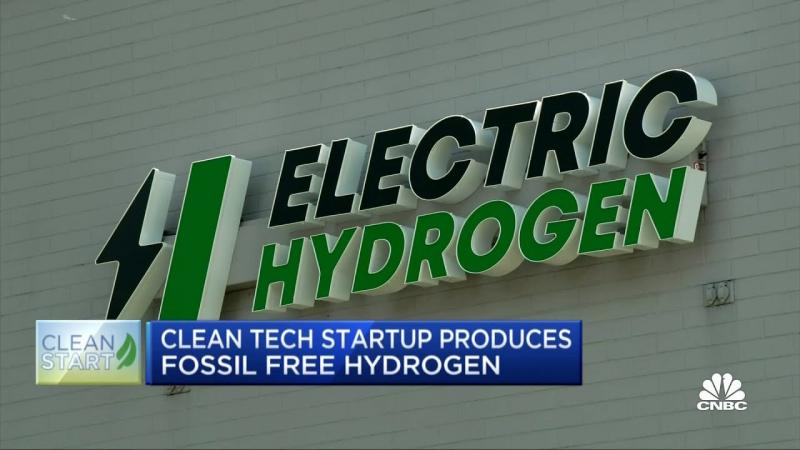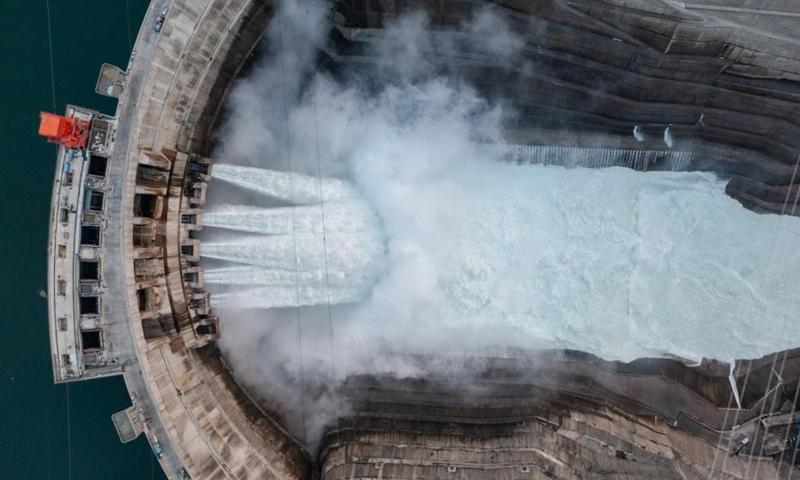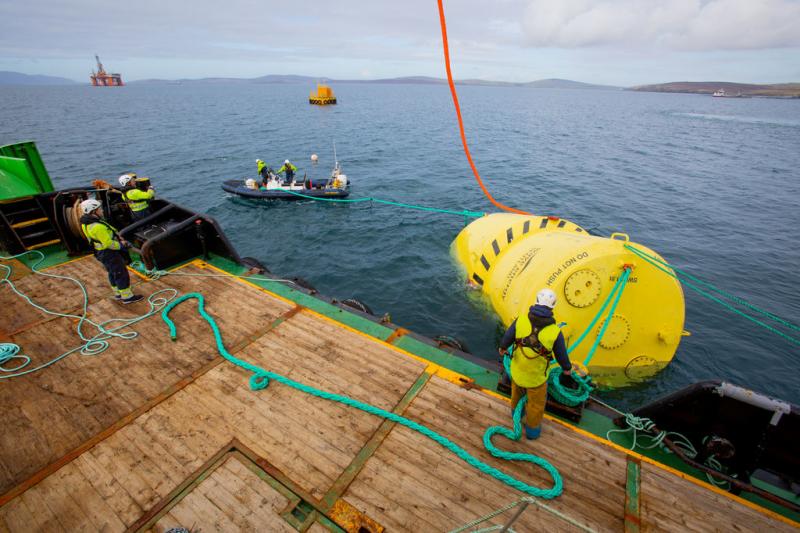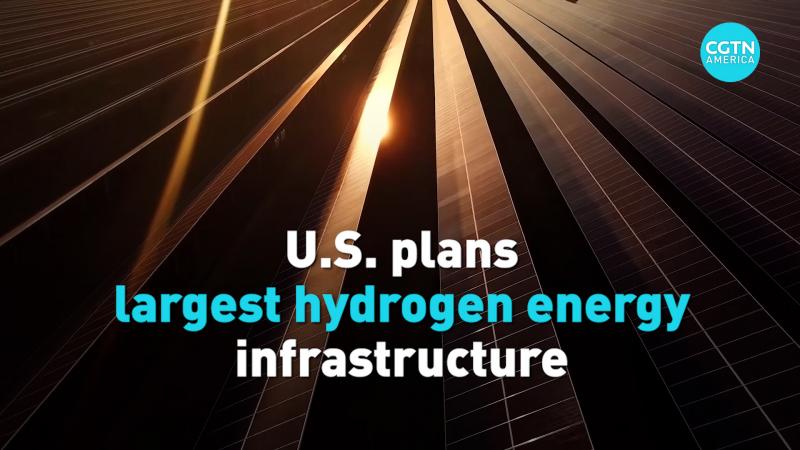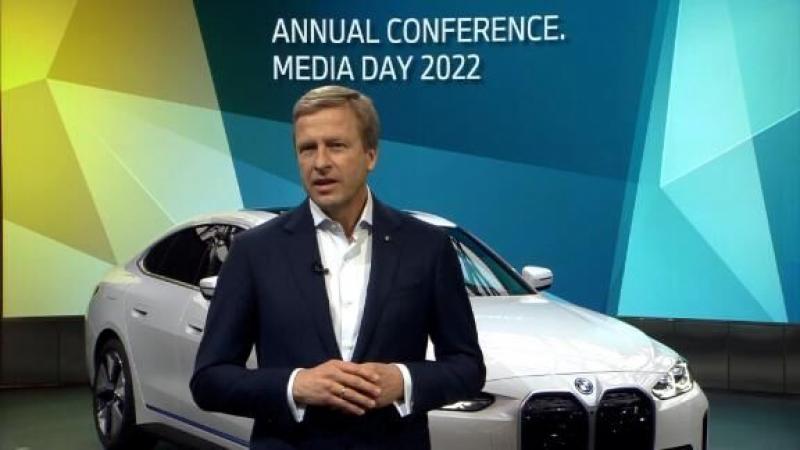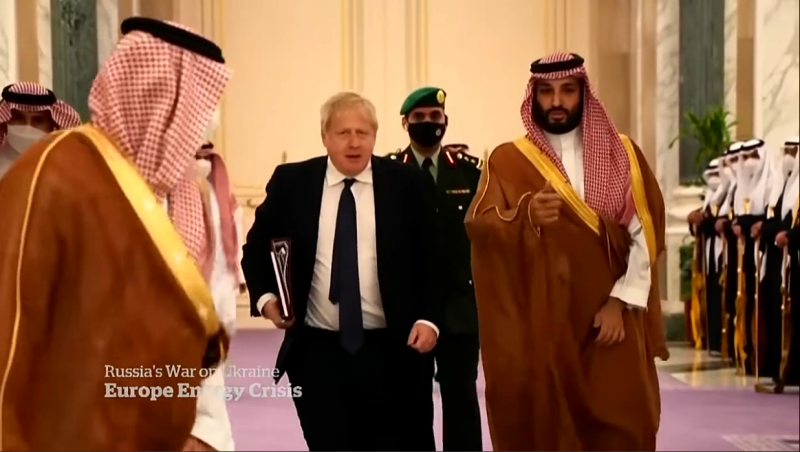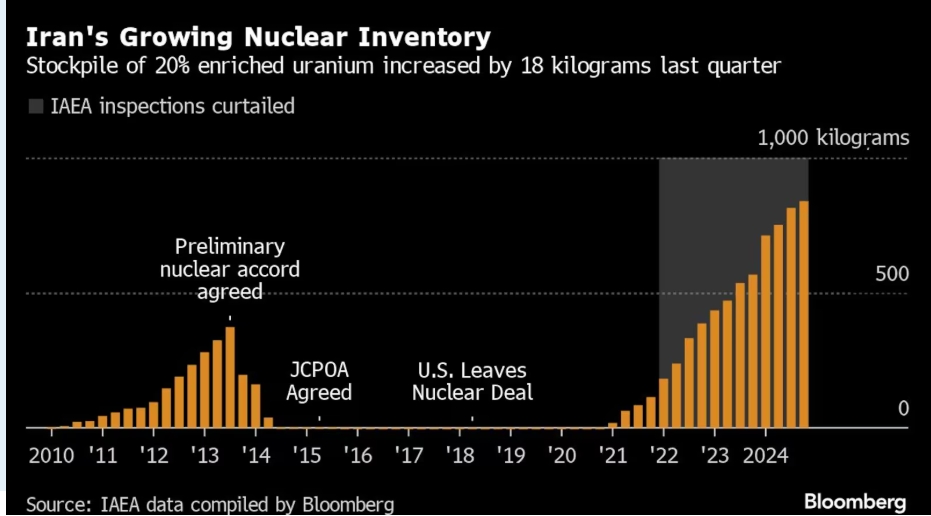
International Atomic Energy Agency inspectors have verified the Islamic Republic has taken necessary steps to stop the production of the highly-enriched nuclear fuel, Director General Rafael Mariano Grossi said Wednesday at a press briefing. That could pave the way for an improvement in relations between Iran and the IAEA after a years-long standoff.
“They are taking a different direction,” Grossi said. “This is the first time that they are saying, ‘okay, we stop.’”
The Iranian move has been interpreted as an olive branch by President Masoud Pezeshkian to the incoming administration of US President Donald Trump, who took an ultra-aggressive stance toward the Islamic Republic in his first term through 2021 dubbed “maximum pressure.” That included the withdrawal from an international agreement that capped Iran’s nuclear activities and the imposing of severe economic sanctions, but led to a drop in transparency over the extent of the country’s atomic activities.
Iran dialed down its nuclear work following talks between Grossi and Pezeshkian earlier this month in Tehran. The IAEA chief on Wednesday praised a follow-up conversation with Foreign Minister Abbas Araghchi this week that should yield more concrete results. Iran has always said its atomic work is entirely for energy needs.
Some European nations are pushing for a so-called resolution of censure, which would require the IAEA to produce a comprehensive report and could eventually trigger a referral to the UN Security Council to consider more sanctions.
Israel — which sees Iran’s nuclear-weapon capabilities as an existential threat — expects the IAEA board of governors “to speak in a clear voice and make a robust decision” to pass the resolution, Foreign Minister Gideon Sa’ar said in a statement, without referring to Iran’s latest pledge.
“It is crucial that the resolution passes, because know that in these very days there are elements within Iran that are trying to push Iran to make progress with the weaponization of the nuclear project,” Sa’ar said.
Iran has become increasingly embroiled in conflict with US ally Israel in the past 14 months. The two countries have twice exchanged direct fire this year, including in October, while Tehran-backed militant groups have been battling Israel in both Lebanon and Gaza.
Responding to Israeli assertions that Iran has re-started nuclear work at its Parchin military base, Grossi said his inspectors “don’t have any facts to substantiate this.”
Iran began enriching uranium at up to 60% levels in 2021. That material could quickly be upgraded to the 90% level typically used in nuclear weapons, prompting concern across Europe and the U.S.
Grossi warned that applying too much pressure on Iran at the wrong time could unintentionally damage a bedrock arms-control agreement and prompt the country to consider leaving the nuclear Non-Proliferation Treaty.
“It’s important that we reinforce and we protect the nonproliferation regime,” he said.
Iran still has enough fuel on hand to produce a handful of warheads, the IAEA said, giving it room to maneuver should its leadership make a political decision to move forward with nuclear armament. Inspectors have lost “continuity of knowledge” over key parts of the country’s nuclear work, which would need to be restored as part of a broader deal to control and oversee activities, they said.
In a 12-page report published on Tuesday, IAEA monitors said Iran has held back from feeding uranium into new lines of advanced centrifuges at its Fordow enrichment facility, which Israel has threatened to attack. Speaking after meeting Grossi last week, Pezeshkian said Iran wants to resolve “ambiguities and alleged doubts about our country’s peaceful nuclear activities,” according to the state-run Islamic Republic News Agency.


